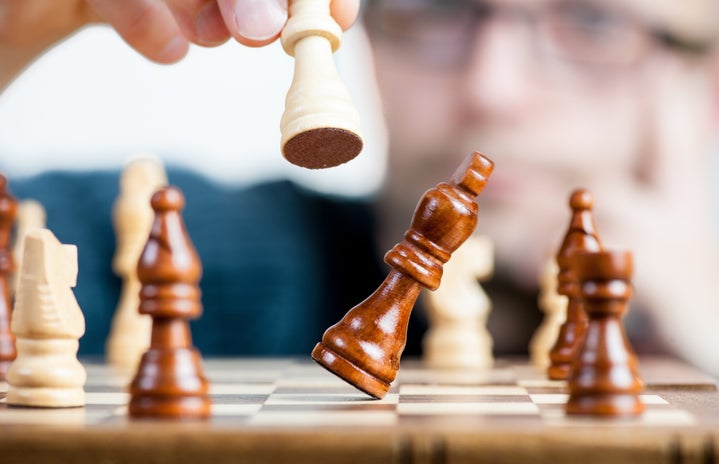Five-time chess World Champion (and widely regarded as the G.O.A.T.) Magnus Carlsen of Norway already rocked the chess world earlier this summer when he announced that he would not be competing in the next World Championship against challenger Ian Nepomniachtchi, and now he’s caught up in yet another controversy. This time, the issue revolves around cheating.
On September 5th, Carlsen announced on Twitter that he had withdrawn from the Sinquefield Cup, an annual, invite-only tournament hosted by the Saint Louis Chess Club. This announcement came after he was defeated by 19-year-old Hans Niemann of the U.S. with the black pieces (seen as a more brutal defeat, as the player with the white pieces holds an inherent advantage) in Round 3. This marked the end of a 53-unbeaten game streak for Carlsen, and many commentators suggested it was one of his worst defeats in recent history, citing the rating of his opponent. Niemann only earned the Grandmaster title in January 2021 and is considered a rising star.
In his tweet, Carlsen simply wrote that he was withdrawing from the tournament and hoped to return in the future. He also included a video of Portuguese football manager José Mourinho saying, “If I speak, I am in big trouble,” implying he was asked not to speak about why he withdrew. This led fans and commentators to assume Carlsen suspected Niemann of cheating.
U.S. Grandmaster Hikaru Nakamura spoke on his Twitch channel about the drama, and he raised concerns about Niemann cheating in online matches in the past. Nakamura faced major backlash and was even threatened with legal action for these claims. On September 7th, however, Niemann spoke in a post-game interview, and he admitted to cheating in online games in the past.
“I was just a child,” he said. “I have never, ever in my life cheated in an over-the-board game. I am proud of myself that I learned from my mistake.”
Niemann also stated that he had been permanently banned from chess.com, the largest site for online chess. This is not surprising considering their Terms of Service explicitly ban any form of cheating.
Cheating is easy for online chess—it simply involves opening another tab and putting moves into a chess engine—but how does it occur over the board? Strict security measures at tournaments prevent players from using cell phones and other electronic devices, as well as communicating with coaches and other players.
However, chess fans across the internet began to speculate on all the possible ways in which Niemann could have cheated. Some suggested he may have utilized an electronic device inserted somewhere in his body and relied on vibrating signals as cues for which move to play—even Elon Musk participated in this discussion, and it caught the attention of many online celebrities. Others dismissed such theories as impossible and outlandish, and some proposed the idea that he instead was tipped off to Carlsen’s preparation and strategy before the match from a mole on Carlsen’s coaching team.
The problem is that there is no way to know the truth. There is no way to confirm Niemann cheated during the Sinquefield Cup other than a verbal admission of guilt. There is also no way to prove his innocence.
Magnus has yet to comment on the scandal aside from his initial tweet, but on September 19th, Carlsen and Niemann were set to face off in an online tournament hosted by Chess24, which was broadcasted live. Carlsen resigned after two moves and switched off his camera. Many commentators and fans view this as a statement by Carlsen that he still believes Niemann is guilty.


